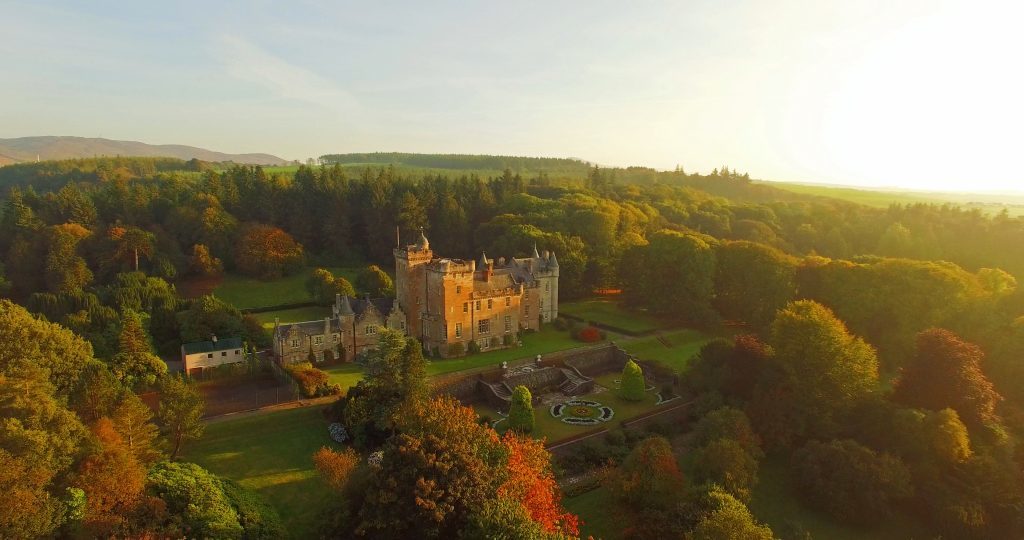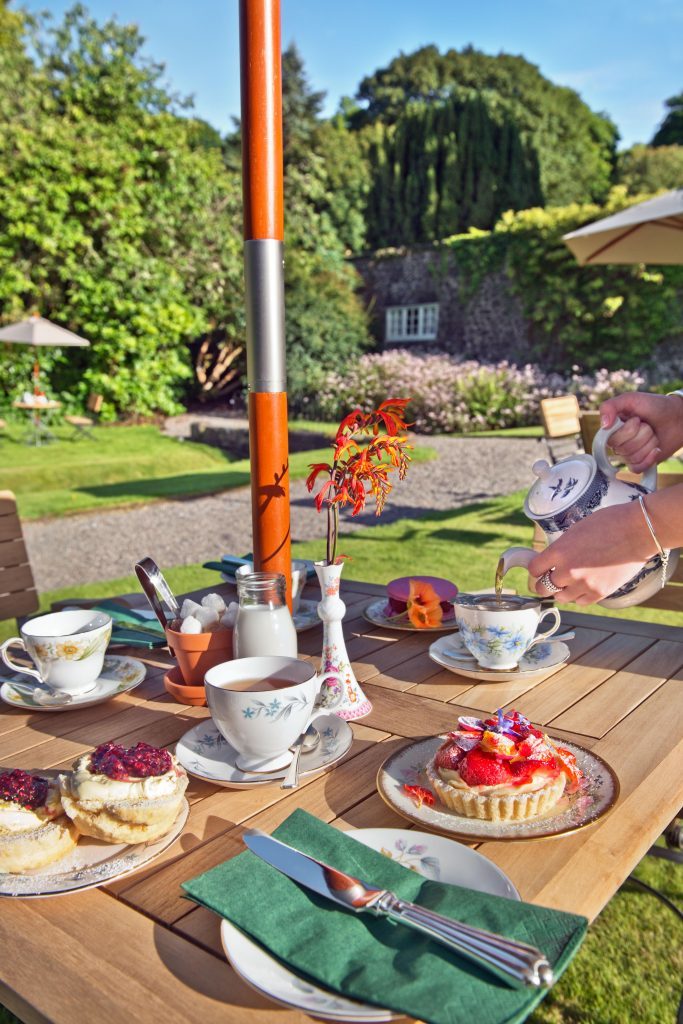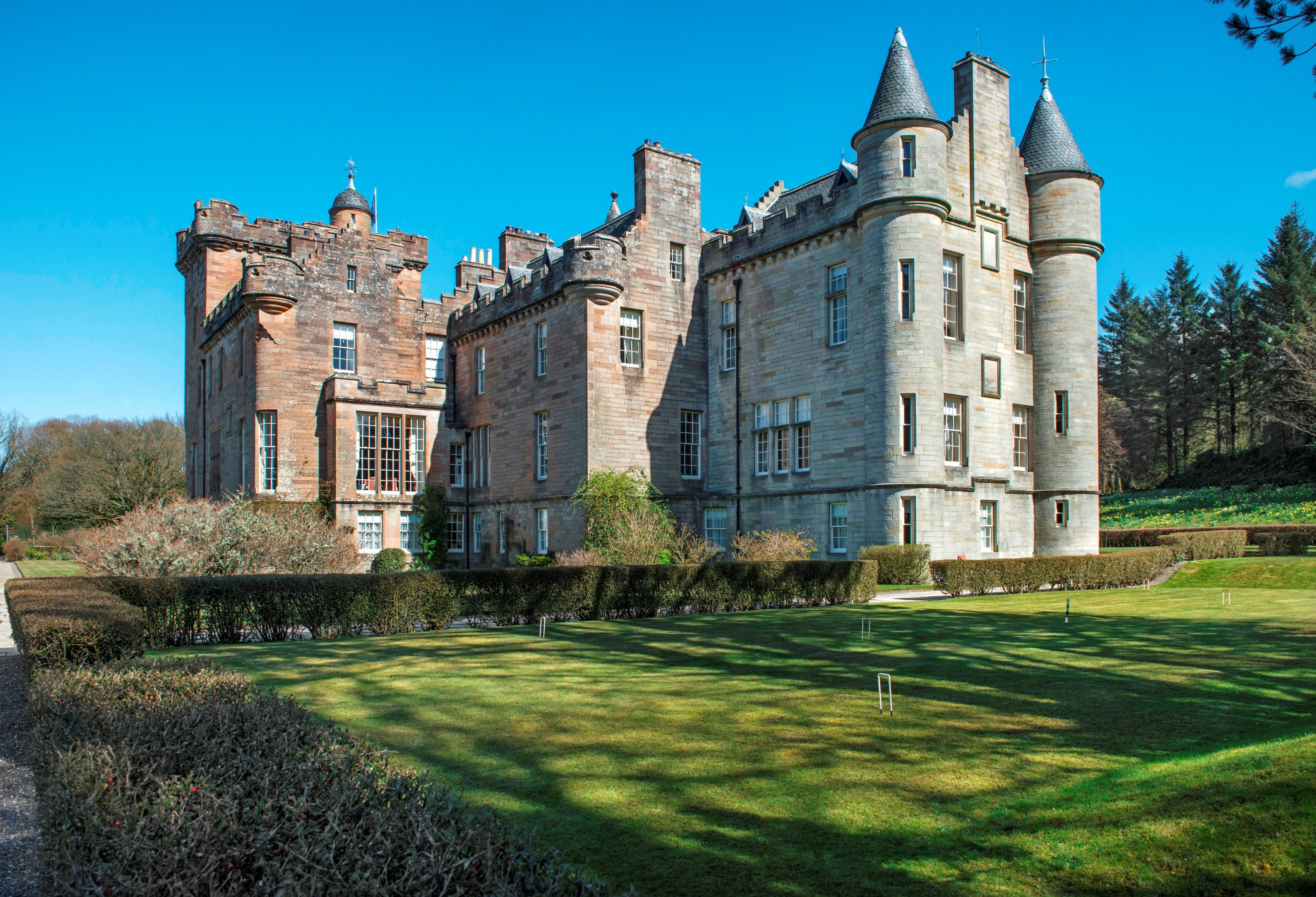
THERE’S a big debate raging at Glenapp Castle.
But don’t worry, the burning issue at this most stunning of venues, a home to spires, turrets and majestic grounds, has nothing to do with Brexit or IndyRef 2.
No, the question is this: Should there be signs along the road to tell people that this five-star bolthole is actually here?
Or should the hotel be left the way it is: a place of mystery which you hear about through word of mouth – and which you only get directions to when you book in?
Frankly, even though I left my instructions at home and predictably got lost in the wilds of south Ayrshire, I’m all for leaving it the way it is.
Because if ever the phrase “ain’t broke, don’t fix” applied to a hotel, then it’s faultless Glenapp, a place of remarkable history.
Perched above the stunning coast, looking across to Ailsa Craig, the castle was built in 1872 by Glasgow coal merchant James Hunter and designed by David Bryce, king of the Scottish Baronial style.
By 1994, it was an abandoned wreck of a building, where children from the nearby fishing village of Ballantrae would play hide and seek.
But six years later, thanks to an astonishing restoration effort by hotelier Fay McMillan and her family, the castle reopened as a hotel.
Against the odds, Fay, her husband and their kids managed to make one small wing habitable and lived in it with a just a two-bar electric fire to keep them warm as they directed busloads of builders, plasterers and electricians.
It’s that kind of place, Glenapp: it inspires life-long affection.
Indeed, some of those hide-and-seek kids now work there as adults.
Once you’re through the door, there’s no reception, no front counter. That’s not the Glenapp style. The feeling is of a very grand stately home – where you are suddenly part of the family.
I kept thinking of Downton Abbey and half-expected to see Lord Grantham and his labrador strolling down the corridor.
Staff introduce themselves by their first name and the tone is the absolute opposite of stuffy or pretentious: it’s friendly, engaging and you could not feel more welcome.
The building and grounds aside, the food is the star of the show.
Head chef Tyron Ellul serves up a five-course tasting menu every night.
It’s personalised so if like me you’re a vegetarian, you go up to your room (which is stunning, by the way) and find your own menu card waiting for you.
It’s high-class classic cooking with a modern twist and a massive emphasis on locally-sourced produce.
The food is impeccable, the service warm and charming. And the location? With the sun setting over Ailsa Craig in the distance, you couldn’t get much better.
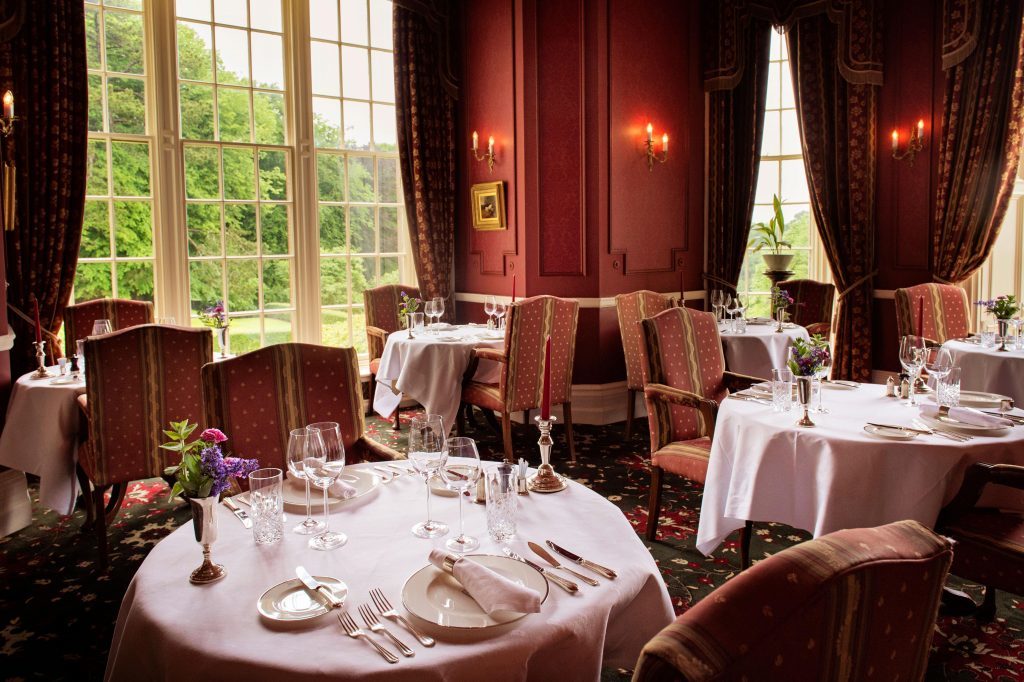
The hotel has its own boat you can take trips on and staff can arrange all manner of outings, especially golf.
But quite frankly, you may well just want to do as we did: put your feet up and marvel at the beauty of the place or wander the grounds in awe (they have wellies, coats and bikes to borrow).
In 2015 and due a much-deserved rest, the Mcmillans handed on the baton to businessman and philanthropist Paul Szkiler and his wife Poppy.
They’ve spent £1m upgrading beds and furnishings and, according to the proud staff, the place has never looked better.
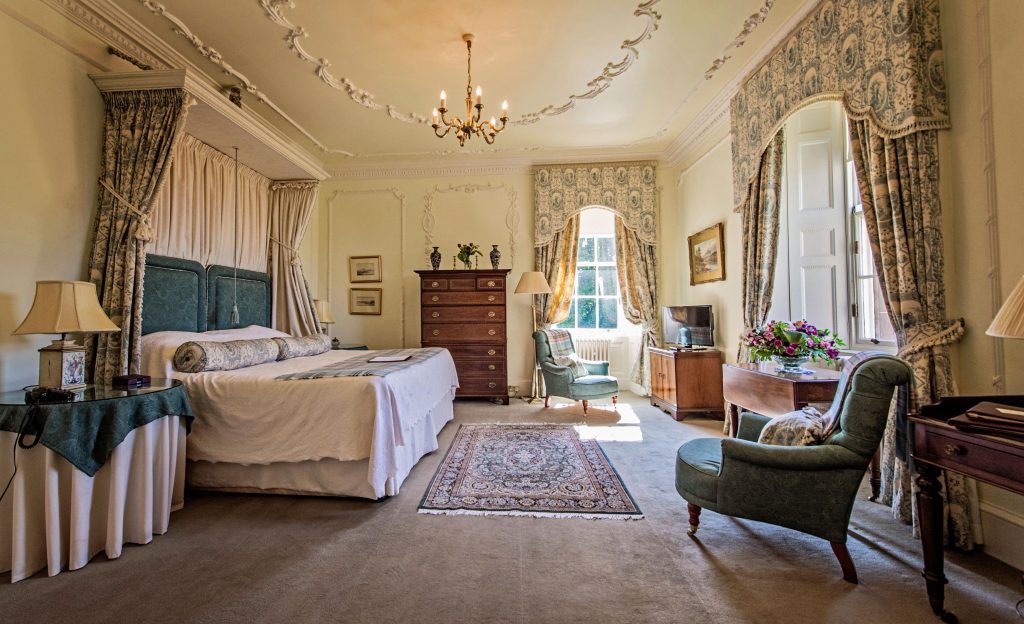
In 25 years as a journalist I’ve stayed in all manner of hotels, some good, some bad, some infamous (the Palestine in Baghdad and Holiday Inn in Sarajevo spring to mind).
But I’ve never stayed anywhere quite as special as this. It’s not cheap – but it’s worth every penny if you’re looking for a treat.
Just remember though, take those instructions with you – because I can’t see them putting up signs any time soon. It just wouldn’t be the Glenapp way…
Facts…
Glenapp Castle is a member of the Pride of Britain Hotels.
The family-owned baronial castle has 20 individually-styled bedrooms. On-site activities include tennis, clay-pigeon shooting, boat trips, falconry displays, croquet, wildlife photography and foraging.
An overnight stay costs from £225 per room per night (two sharing) including breakfast. 0800 089 3929 (prideofbritainhotels.com)

Enjoy the convenience of having The Sunday Post delivered as a digital ePaper straight to your smartphone, tablet or computer.
Subscribe for only £5.49 a month and enjoy all the benefits of the printed paper as a digital replica.
Subscribe